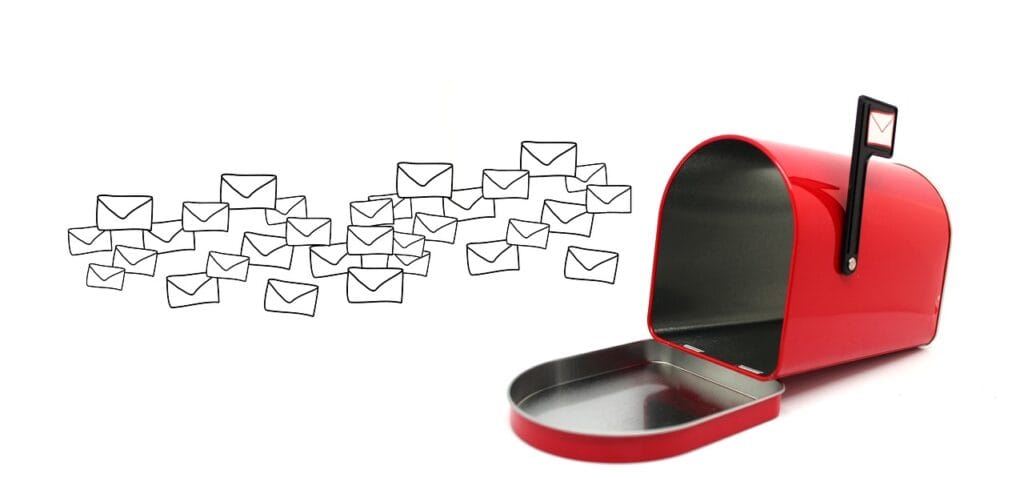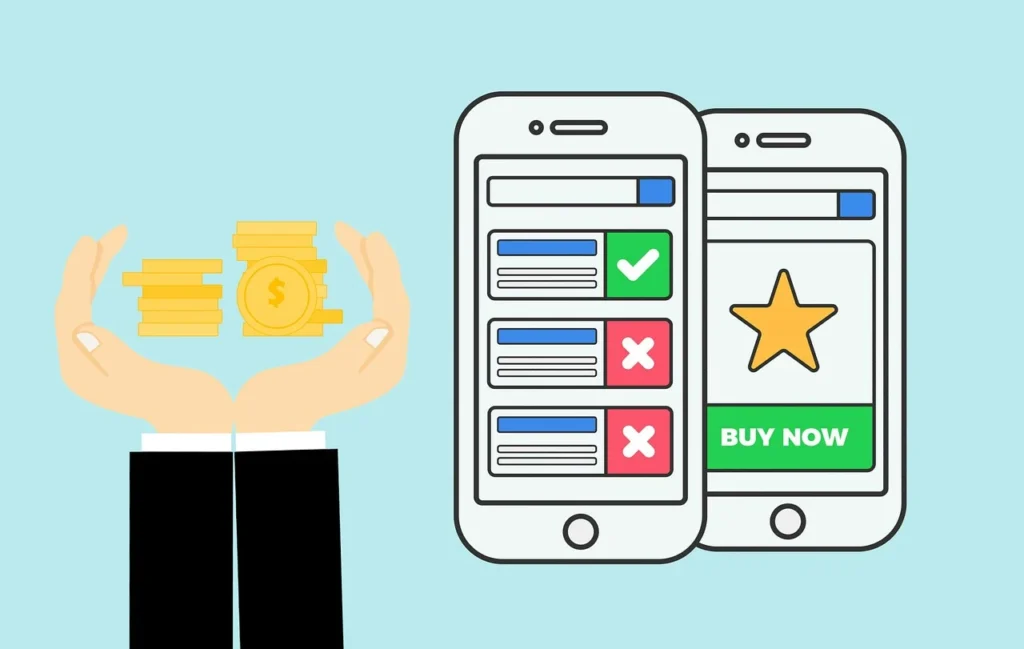Transforming Marketing Strategies with ChatGPT: A Comprehensive Guide
In today’s fast paced digital landscape, effective marketing is essential for startup success. ChatGPT, powered by advanced natural language processing, offers startups an innovative way to streamline content creation and enhance marketing strategies with chatgpt. From crafting compelling blog posts to optimizing SEO, ChatGPT can help startups communicate their value proposition and attract new customers. […]
AI-Powered Advertising Techniques

The advent of Artificial Intelligence (AI) in marketing has brought revolutionary changes to the marketing landscape, with businesses leveraging its capabilities to improve ad targeting, optimize campaigns, and deliver personalized experiences. This article delves into the transformative role of AI-Powered Advertising Techniques , the tools powering this shift, and how businesses can address challenges like […]
Enhancing AI Influencer Marketing

AI Influencer marketing has become one of the most effective strategies for businesses to engage their target audience and drive conversions. With the rise of artificial intelligence (AI), this approach has evolved into a data driven, personalized marketing technique that delivers measurable results. In this comprehensive guide, we explore how ai influencer marketing empowers by […]
How AI Transforms Email Marketing: Personalization, Targeting, and Beyond
Email Marketing AI: Revolutionizing Campaign Strategies Artificial intelligence (AI) is redefining email marketing by enabling advanced personalization, segmentation, and targeting. These AI-driven strategies empower businesses to engage audiences with precision, boosting open rates, click-through rates, and conversions. This comprehensive guide explores how ai transforms email marketing, its benefits, and practical applications for modern businesses. How […]
AI-Powered Personalized Email Marketing

Email marketing remains one of the most effective tools for businesses to engage with customers and build brand loyalty. However, as inboxes become increasingly crowded, creating unique, targeted, and relevant campaigns is a growing challenge. Artificial intelligence (AI) offers a transformative solution by enabling personalized email marketing campaigns that resonate with individual customers. This article […]
AI-Powered Ads Optimization and Personalization

In the rapidly evolving advertising landscape, Artificial Intelligence (AI) is redefining how businesses approach campaigns. AI-powered ads offer unparalleled capabilities for optimization, personalization, and automation, enabling marketers to achieve results that were once unattainable. This article explores the key benefits of AI-Powered Ads and how they are transforming the advertising sector. The Role of […]
How Artificial Intelligence Works in Shopify

Artificial intelligence (AI) has rapidly gained popularity, becoming a game-changer for businesses of all sizes. For Shopify store owners, AI offers endless opportunities to enhance customer satisfaction, drive revenue growth, and streamline operations. In this article, we’ll explore how artificial intelligence works in shopify. From AI-powered chatbots to personalized marketing campaigns and inventory management, we’ll […]

